১০ ফাল্গুন ১৪৩২
UN Security Council stalemate as Israel-Iran conflict escalates amid mutual accusations
21 June 2025 16:06 PM
NEWS DESK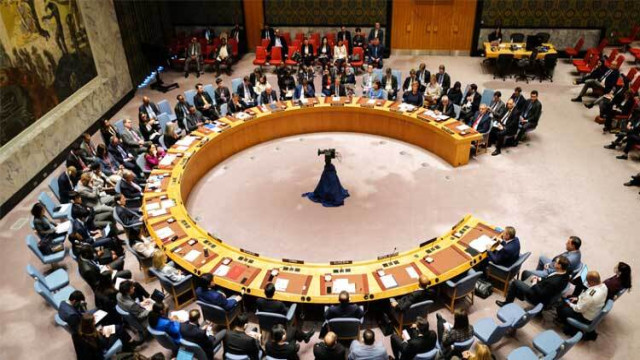
The United Nations Security Council held a tense and heated session as Israel and Iran, along with their respective allies, traded blame over a rapidly escalating conflict. Despite deep divisions, the Council failed to reach any resolution.
Although the two countries have had long-standing hostilities for decades, intense fighting broke out last week. Israel claims that Iran's nuclear program poses an existential threat and has launched attacks in response. In retaliation, Iran has targeted Israel with missiles and drones.
Iran’s ambassador, Amir Saeed Iravani, condemned Israel’s aggression, referring to its government as a “terrorist regime” and justifying Iranian counter-attacks as acts of “preventive defense” against a threat to national existence. He accused Israel of violating Iran’s sovereignty and killing innocent civilians, including children—photos of whom were shown during his address.
On the other side, Israel’s ambassador Danny Danon accused Iran of “pretending to be the victim,” asking, “How can you expect sympathy from the international community for your genocidal agenda?”
The session quickly descended into personal attacks and blame-shifting, with no sign of compromise. Meanwhile, on the same day in Geneva, foreign ministers from Iran, the UK, France, Germany, and the European Union met face-to-face for the first time since the conflict erupted. However, the meeting ended without any progress. Iran’s Foreign Minister stated that no mutual understanding is possible unless Israel halts its attacks.
While most Security Council members called for an end to the violence and urged a diplomatic solution, the session remained mired in accusations and disagreements.
U.S. representative Dorothy Shea called Iran the “root of instability and terrorism in the Middle East” and reaffirmed support for Israel. Meanwhile, the UK and France emphasized the importance of de-escalation and continued dialogue.
Russia’s ambassador Vassily Nebenzia accused Western nations of fabricating narratives around Iran’s nuclear program, labeling them as “dangerous accomplices” to Israeli aggression.
On June 12, the International Atomic Energy Agency (IAEA) announced that Iran had violated the Nuclear Non-Proliferation Treaty. According to its report, Iran has significantly accelerated its uranium enrichment—sufficient for potential use in a nuclear bomb. Although the report did not state explicitly that Iran is building a nuclear weapon, nations possessing similar levels of enriched uranium typically have such capabilities.
Russia dismissed the IAEA report as biased and baseless. China’s representative Fu Cong condemned Israel’s attacks and called for a ceasefire but refrained from criticizing the IAEA or the United States.
According to U.S. intelligence agencies, Iran is not yet actively building a nuclear bomb but could attain that capability within a year. When questioned about this on Friday, former President Donald Trump responded, “Then maybe my intelligence agencies are wrong.”
Iran’s Health Ministry reports that as of Thursday, at least 224 people have been killed and over 2,500 injured in Israeli strikes. In contrast, Israeli ambassador Danny Danon stated that at least 29 Israelis have been killed and around 900 injured in Iranian attacks. Most casualties on both sides are civilians.





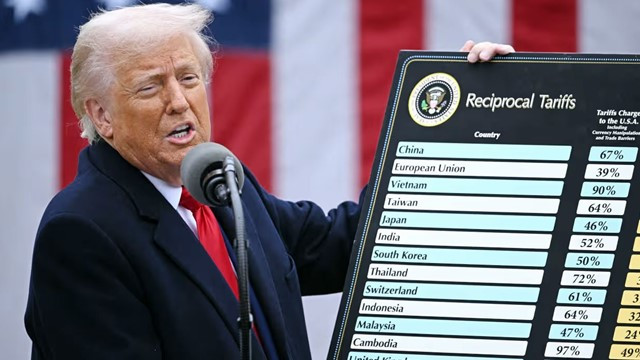
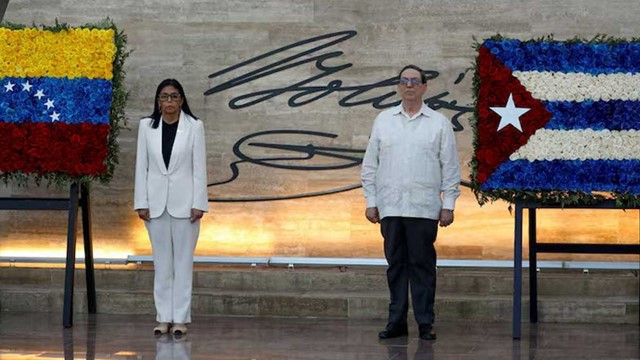
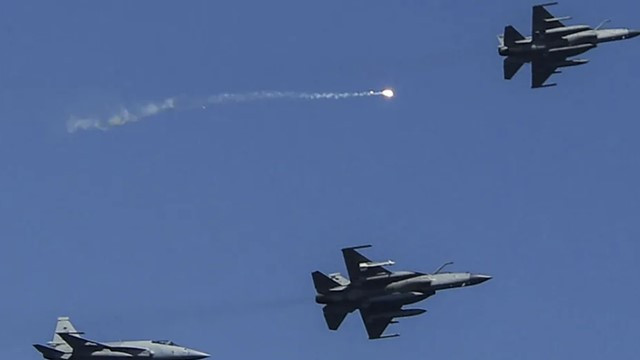
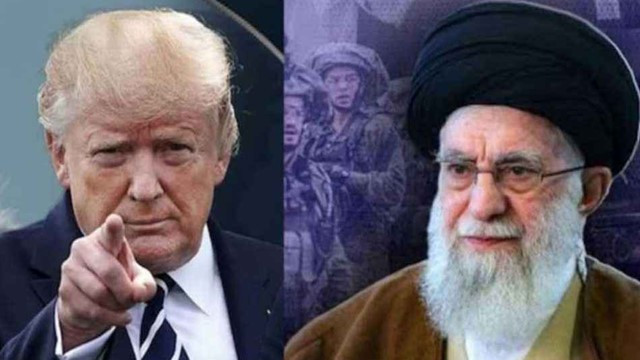
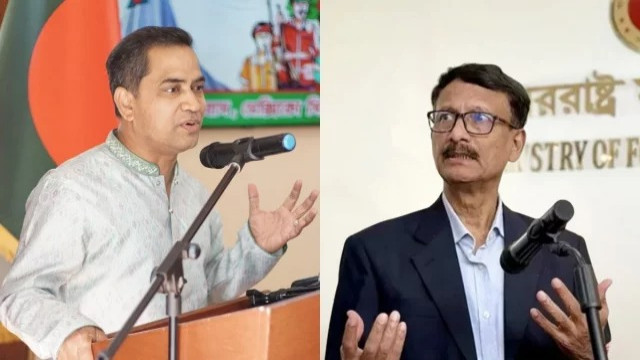
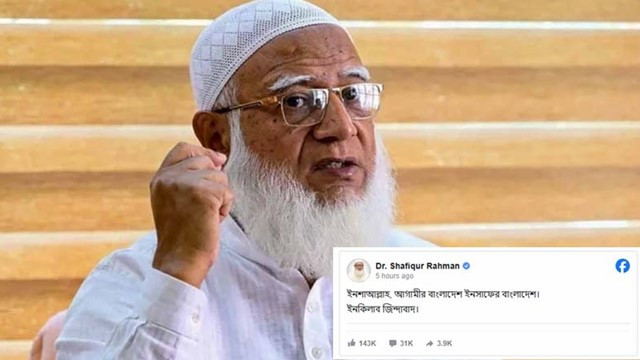
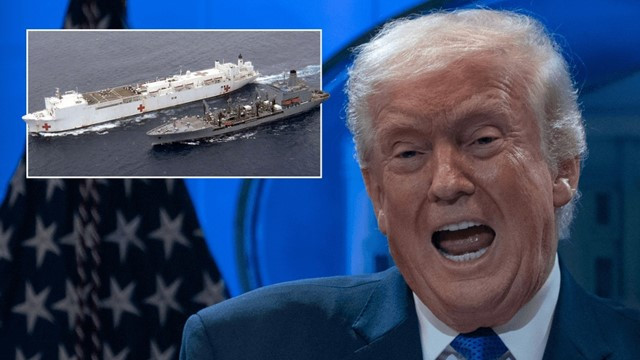
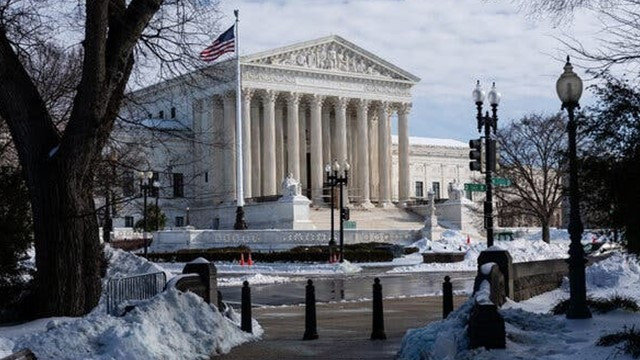
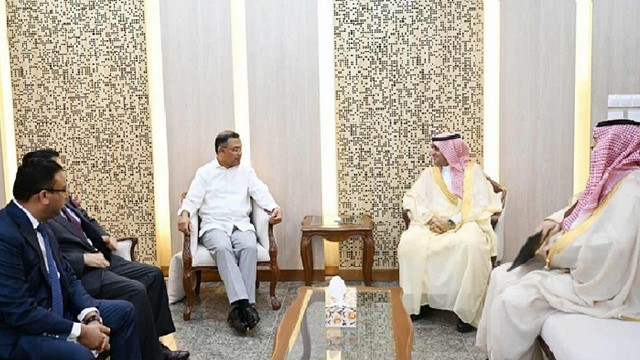
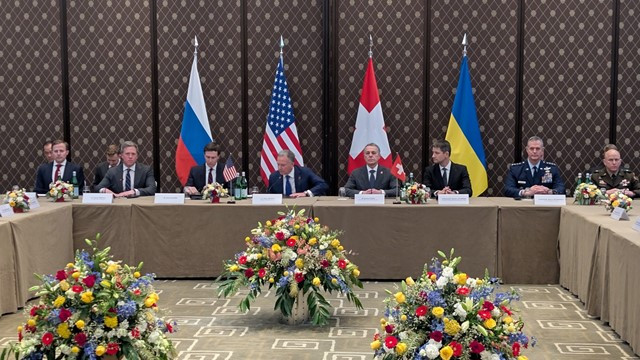
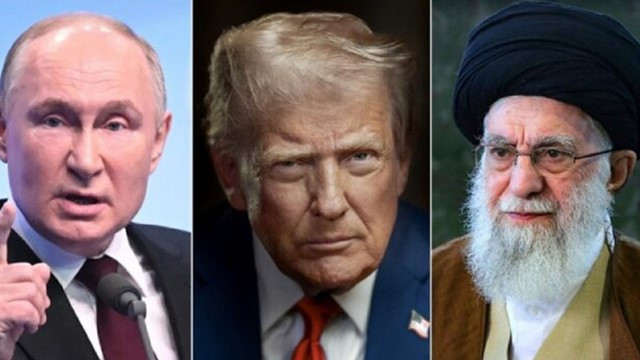
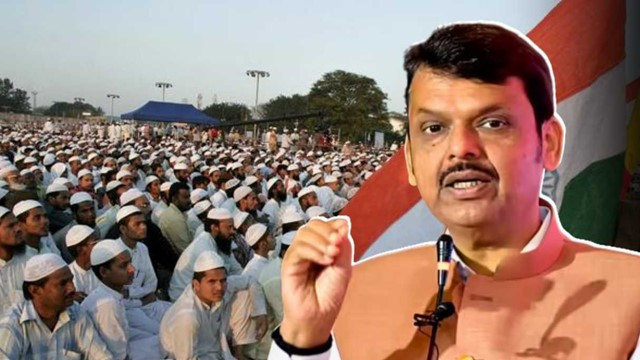
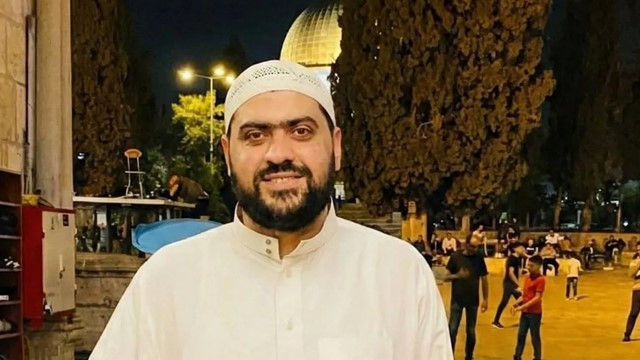
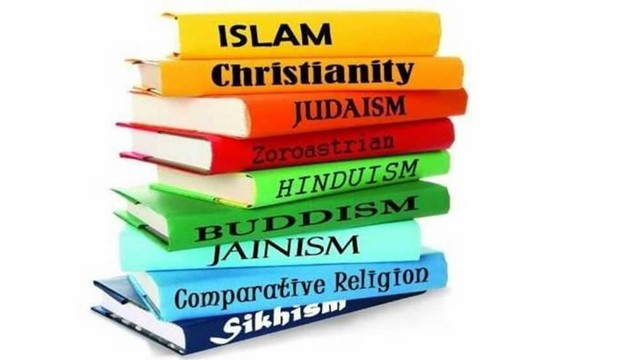
Comments Here: